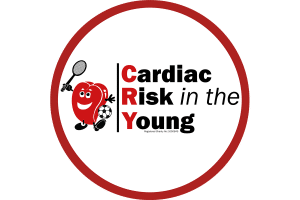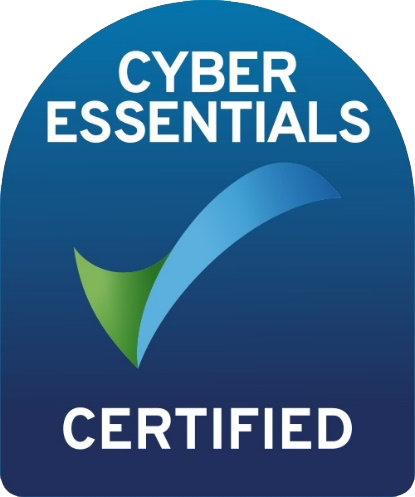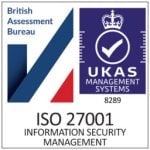After looking at my ECG the doctor now wants to do an ECHO. Is something wrong?
The ECG is done primarily to look for disorders of the electricity of the heart. However, the ECG can also provide important information regarding the size of the heart. So if the ECG shows that the left chamber or the right chamber is enlarged then the best way to confirm or refute this is to […]
My son or daughter needs a repeat. Should I be worried?
It is common practice for those individuals who have been screened under the CRY screening programme to be called back for a repeat screen. This is usually the case when we screen someone who’s 14 or 15, who is still prepubertal. If we bear in mind that people reach puberty at different ages and the […]
Why are some people asked to have an ECHO?
Assuming that the ECG has been read by a cardiac expert, most people who have an ECG will not require any further investigations. In some instances, the ECG may show up suspicion of a heart muscle disorder in the form of very large, what we call QRS complexes, which are these spiky bits on the […]
My ECG is normal but I still have symptoms. What should I do?
A normal ECG usually excludes major problems it suggests that there’s an intermittent heart rhythm disorder that may not be picked up on an ECG when the patient feels perfectly well. In these situations, we would recommend a 24 hour ECG recording whereby an ECG electrode is attached to the patient for 24 hours and […]
Why do I need a heart scan?
A heart scan is effectively another term for a cardiac ultrasound that is useful for identifying cardiac abnormalities such as problems with the valves of the heart or a hole in the heart. The heart scan will also show heart size and therefore is very useful at identifying cardiomyopathy. So we normally use heart scans […]
What happens if something is found on my ECG?
There’s about a 4% chance that something will be found on the ECG. If we do identify an abnormality then we would recommend further investigations in the form of a cardiac ultrasound – which is what we perform most commonly – and sometimes patients are also required to have a 24 hour ECG and an […]




